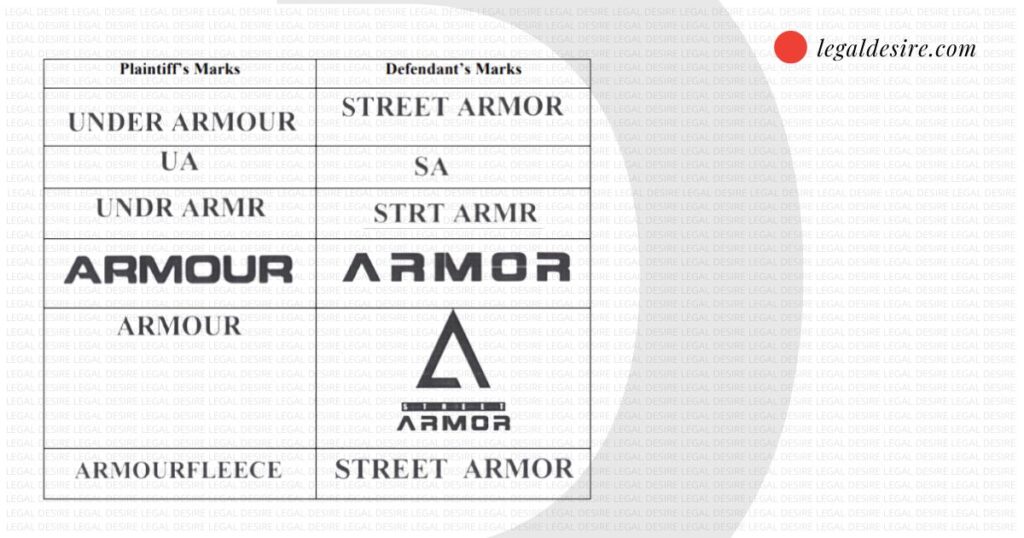Now Reading: NCLAT: A ‘dispute’ barring a Section 9 IBC claim must be pre-existing in the sense that it existed prior to the issuance of the Section 8(1) demand notice
-
01
NCLAT: A ‘dispute’ barring a Section 9 IBC claim must be pre-existing in the sense that it existed prior to the issuance of the Section 8(1) demand notice
NCLAT: A ‘dispute’ barring a Section 9 IBC claim must be pre-existing in the sense that it existed prior to the issuance of the Section 8(1) demand notice
Case Name: Ahluwalia Contracts (India) Limited vs Raheja Developers Limited
Court: National Company Law Appellate Tribunal
Delivered By: Justice Sudhansu Jyoti Mukhopadhaya
OVERVIEW OF FACTS
The Appellant had entered into an agreement to carry out certain civil work for the Respondent in December, 2010. However, no payment was made by the Appellant on this amount, despite multiple R.A. bills being issued. As a result, the Appellants sent several emails in 2017, requesting the Respondents to provide the pending WCT certificates, and finally requesting payment for an outstanding amount of around 6.5 crores. The Respondent stated in response that there had been a delay in execution of the works on the part of the Appellant. The Appellant pointed to the existence of four separate R.A. Bills issued by the Respondent (in 2016, 2017, and 2018) and demanded release of their long-pending dues.
Upon a further failure to make payment, the Appellants brought a demand notice under Section 8(1) of the Insolvency and Bankruptcy Code on 28th April, 2018. Finally, the Appellant brought an application under Section 9 of the Code (corporate insolvency resolution) before the National Company Law Tribunal. This application was rejected on the grounds that the Appellant’s claims could be classified as ‘disputed’ under s9(5)(ii)(d).
CONTENTIONS
The Respondent contended that that the Appellant failed to complete the work by February 2017, which constituted abandonment. It was claimed that the Respondents were then forced to complete and rectify it, generating costs of around 4.6 crores. Thus, the Respondent submitted that the Appellant was liable to pay that amount as well as an interest rate of 5% towards ‘liquidated damages’ under the contract.
The Appellants contended that the existence of the R.A. Bills spread out over three years as well as the Respondent’s own admission in a 2017 Statement meant that they had accepted the work as being to their satisfaction. Therefore, on the date of the demand notice under Section 8(1), there was no pre-existing dispute within the meaning of the Act, meaning s9(5)(ii)(d) could not be applied.
ISSUE
Was there a dispute within the meaning of the Act that could bar the claims of the Appellants?
HOLDING
- Mobilox Innovations Pvt. Ltd vs Kirusa Software (P) Limited was authority for the proposition that a dispute had to exist prior to the receipt of a demand notice or invoice if it were to bar a claim.
- Innoventive Industries Ltd vs ICICI Bak and Anr demonstrated that the existence of a counter-claim did not mean that a claim itself was necessarily in dispute.
- The actual arbitration proceedings were only filed by the Respondent one month after the issuance of the s8(1) demand notice, meaning that they did not render the claims disputed in the relevant sense.
- Thus, there was nothing to bar the claims of the Appellants under section 9, which meant that the claim was required to be admitted by the Tribunal. The other conditions under the Code had all been satisfied.
RATIO
- A ‘dispute’ barring a Section 9 claim must be pre-existing in the sense that it existed prior to the issuance of the Section 8(1) demand notice.
- If such a dispute does not exist, and there are no suit or arbitration proceedings filed before the receipt of the demand notice, the existence of a payable operational debt exceeding 1 lakh will be automatic grounds for S9 claim to be admitted.
Mr. Shashank Garg, Mr. Tariq Khan and Mr. Debojyoti Sengupta appeared for the Appellant.
Read order here:
[embeddoc url=”https://legaldesire.com/wp-content/uploads/2019/07/Company-Appeal-At-Insolvency-703_2018-23-07-2019.pdf” download=”all”]







